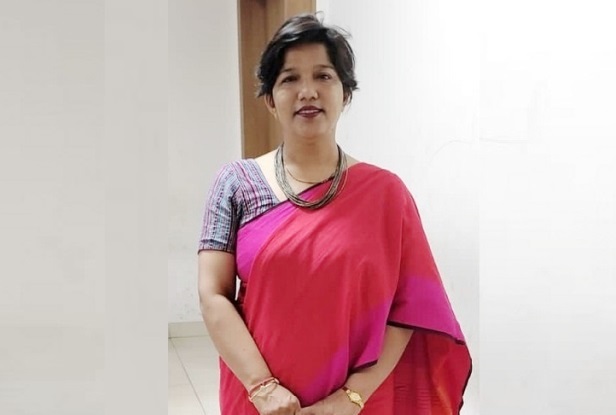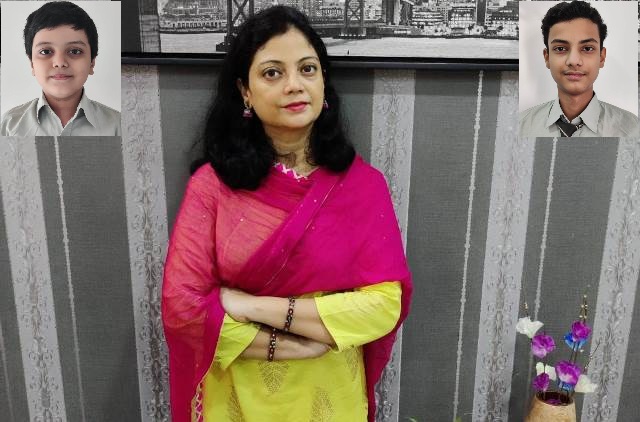Manisha Boriyal, a schoolteacher from Delhi, says educators stood out amid pandemic but instead of appreciation they have been loaded them with more work
It was around the month of January 2022 when the schools in Delhi-NCR started to re-open post the second Covid wave. The teachers were notified that the session 2022-23 will not be online teaching. This was a welcome reboot. However, what ensued was something that the teachers hadn’t imagined in their entire career. It was called Hybrid Mode Schooling.
It meant the parents were free to opt for online or offline classes. Teachers were tasked with handling both virtual as well as physical education. This meant preparing separate notes, handling separate queries and evaluating students’ work in online as well as offline modes. In short, it was the worst of both worlds.
Simple activities like taking attendance, holding discussions, hands-on learning activities and queries have been doubled as some students are attending offline and others online classes. For instance, offline students submitted their work in hard copy while online students uploaded their work. Handling this dual system makes a teacher’s job doubly difficult and extremely stressful.
We have to redo our lesson plans and classes, modifying teaching styles continuously to meet the requirements of students. We are essentially teaching two classes at one time – we have to write lessons that work for in-person instructions and then the ones that suit online learning.
Students present in the classroom are bubbling with energy, which was curtailed for almost two years, whereas children whose parents have still opted for online mode may feel that spark of personal interaction missing along with technical glitches. Hence, ensuring optimum utilisation of class time for constructive learning outcomes becomes a challenge.
ALSO READ: ‘To Avoid Closure, Schools Are Hiding Covid Figures’
During the pandemic, teachers got IT exposure which widened their learning horizons and gave a new dimension to teaching and learning. It helped teachers advance their skills in the curriculum implementation, policy, education systems, and leadership with the support of their institutions. However, it’s high time that the administration should give teachers a bit more importance as they are the ones who are working really hard in shaping the future of this country.
I see many teachers are feeling undervalued and belittled. During the pandemic there was hardly any school which talked about the medical insurance of their teachers, hospitalisation; if a teacher fell sick, the schools treated it as leave without pay. There never was a note of appreciation for the community which soldiered on with new education challenges during that time. On the contrary, they have been loaded with more work now.
High time that teachers association now talked about our work hours, additional wages for online teaching, medical insurance, leave policy etc.
As much as I love my students, I’m not going to kill myself over this. I don’t mean death by infection; I mean they’re working me to death. Frankly, I would rather work at a café than a classroom, because at some point I could wrap my work and call it a day.
As told to Deepti Sharma




